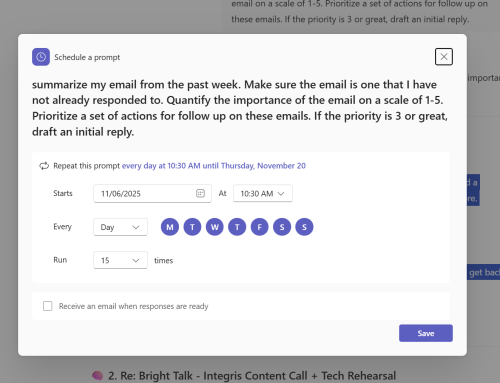We’re focusing on phishing emails here, which are the most common form of cyber attack. We explain what they are, how you can detect them and how to protect your business.
Phishing is a scam aimed at gaining information from a victim such as user names, passwords, bank and credit card details etc., to hack into accounts. Cyber criminals usually do this by tricking you into inputting your username and password into a malicious website domain.
Taking action on phishing emails
In the video we show you how to recognise a fake email, such as checking for spelling errors. Above all, you should not be panicked into clicking on links before being sure they are from a safe and genuine source. We explain techniques to use to double check emails and prevent being duped and getting hacked.
We also provide tips for adding extra protection to your online accounts to guard against scams – so please watch it.
The ‘I’ll never fall for it’ delusion
You may think you and your colleagues would never fall for a phishing attack but if you’re busy and distracted, or using a device with a small screen like a phone, you would be surprised how easy it is to fool you. The stats speak for themselves …
The Government’s Cyber Security Breaches Survey 2021 showed that in the UK there has been a rise in businesses experiencing a phishing attack – from 72% to 86% since 2017.
Phishing emails have also become very sophisticated and often mimic people or organisations you know, in order to catch you out. For example, you might receive an email purporting to be from your bank or work colleague. These emails may refer to topics which cyber attackers know you could be expecting to hear about.
For instance, between January 2020 and September 2020, 21,349 crime reports were made to Action Fraud about fake PayPal emails. Victims reported losing nearly £8 million because of these scams.
We work with cybersecurity experts such as Mimecast to protect our clients against phishing and recommend a multi-layered approach to email security that combines automated detection with phishing awareness measures.
Contact us below for further details.







